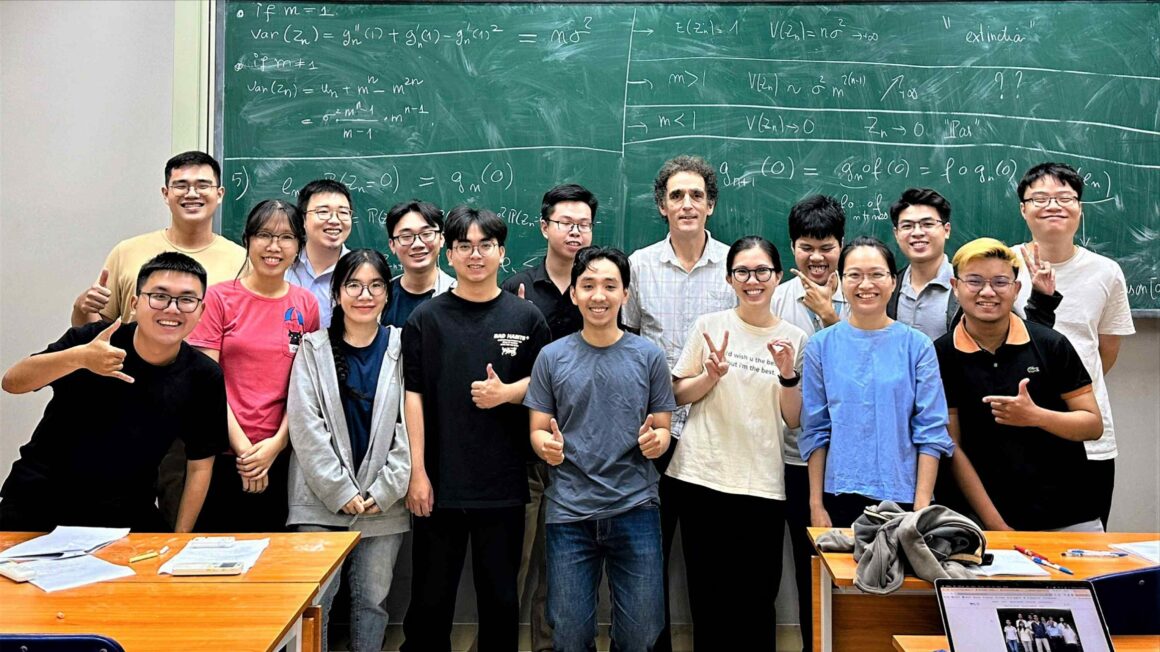The Vietnamese-French Master’s Programme in Applied Mathematics was introduced in 2007 to provide affordable education for individuals seeking a Master’s degree in mathematics, funded by the French Government. Over 270 students graduated from the programme, and nearly 60% of these graduates went on to complete doctoral programmes at esteemed universities in Europe, the Americas, and Asia. The programme has created high-quality human resources for the applied mathematics industry. The teaching, testing, evaluation, and awarding processes were all undertaken by lecturers from prestigious universities in France. Despite its low tuition fees, the programme provided students with a top-notch educational environment that enabled them to excel.
Many students from the programme achieved outstanding research accomplishments, among them including: Prof. Phan Thành Nam, from the Mathematics Institute at LMU Munich (Germany), who became the first Vietnamese recipient of a prize from the European Mathematical Society in 2020; Assoc. Prof. Nguyễn Thanh Bình, from VNUHCM-University of Science, who received the Golden Globe Award in 2021; and Prof. Hồ Phạm Minh Nhật, Assistant Professor of Data Science, Machine Learning, and Statistics at the University of Texas, Austin.
“To narrow the gap between Viet Nam and European countries in applied mathematics, a long-term and comprehensive strategy is required, necessitating close collaboration between the government, universities, businesses, and the research community,” suggested Prof. Phan Thành Nam.
Assoc. Prof. Nguyễn Thanh Bình, a former student of the programme, assisted nearly 30 students and graduate students in securing doctoral scholarships at renowned universities and research institutes abroad. He expressed his desire for the government and related departments to increase their investment in basic scientific research. This will create more opportunities for young mathematicians to overcome the challenges of obtaining domestic scientific research funding due to the limited availability of research funds and high competition.



Leave a Reply